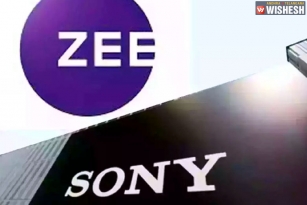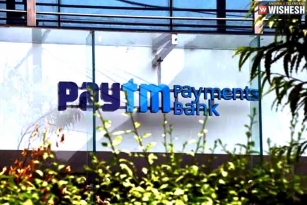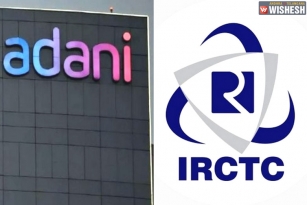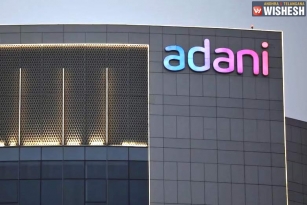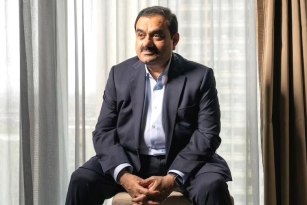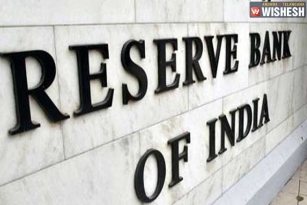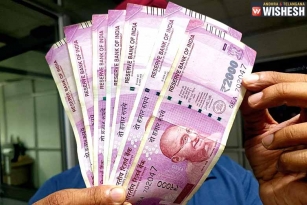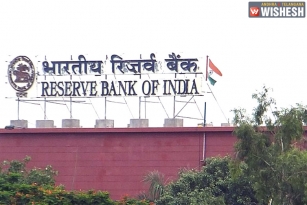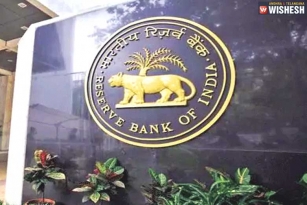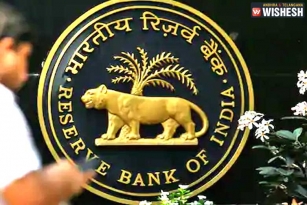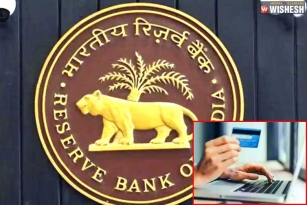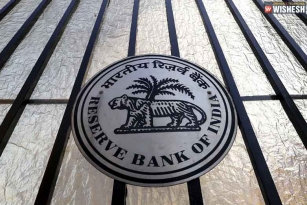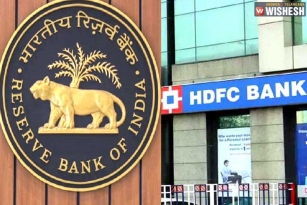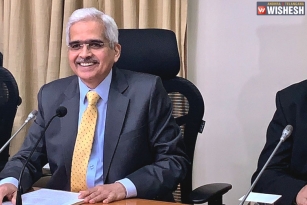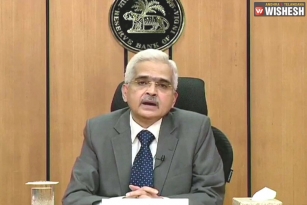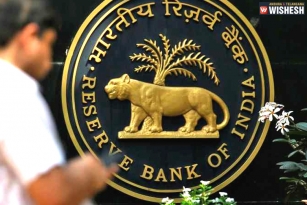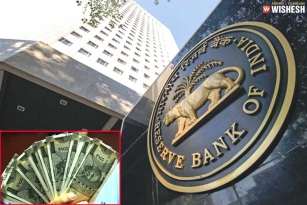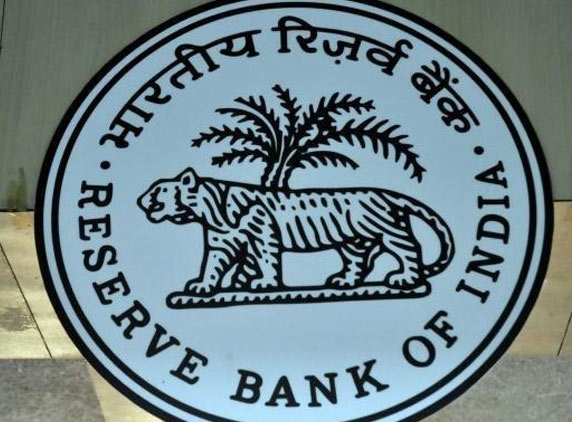
In a notification passed by RBI explained that, signature of both the candidates are mandatory to allow repayment of money in fixed or term end deposits, even if the deposit account is opened with operating instructions like 'either or survivor' or 'former or survivor'. The notification stated, "Such insistence on the signatures of both the depositors has the effect of making the mandate given by the depositors redundant.
The Reserve Bank of India has come up with another customer friendly move. With this new plan in action, depositors now don't require the repayment of fixed or term deposits on maturity, if accounts like these are opened with instructions 'either or survivor'. In a notification passed by RBI explained that, signature of both the candidates are mandatory to allow repayment of money in fixed or term end deposits, even if the deposit account is opened with operating instructions like 'either or survivor' or 'former or survivor'. The notification stated, "Such insistence on the signatures of both the depositors has the effect of making the mandate given by the depositors redundant. This, in turn, results in unjustified delays and allegations of poor customer service." The signature for both the depositors is required, if the deposit has to be paid before maturity.
If any opening instruction for the deposit is 'either or survivor' and if one of the depositors perishes before maturity, the pre-payment of the fixed or term deposit will not be allowed without the permission of the legal heirs of the late joint holder. RBI said, it will no more be a barrier in the way of making payment to the survivor after maturity. On other hand, in 'former or survivor', if the former wishes he can withdraw the matured amount of the fixed or term deposit, even if both the depositors are alive. RBI said, "However, the signature of both the depositors may have to be obtained, in case the deposit is to be paid before maturity. If the former expires before the maturity of the fixed/term deposit, the 'survivor' can withdraw the deposit on maturity."
The consent of both the parties is required for premature withdrawal. If one of the depositors expires, the surviving depositor or the legal heir of the late depositor can claim for maturity mentioned the notification. The notification further added that premature withdrawal can be allowed if preferred by the joint depositors. But this requires a joint mandate from depositors for doing so.



